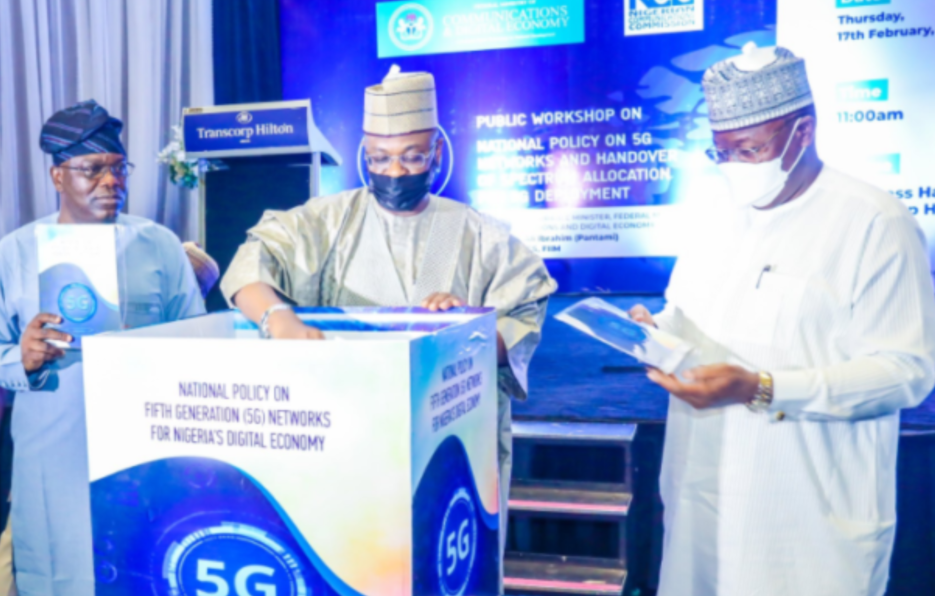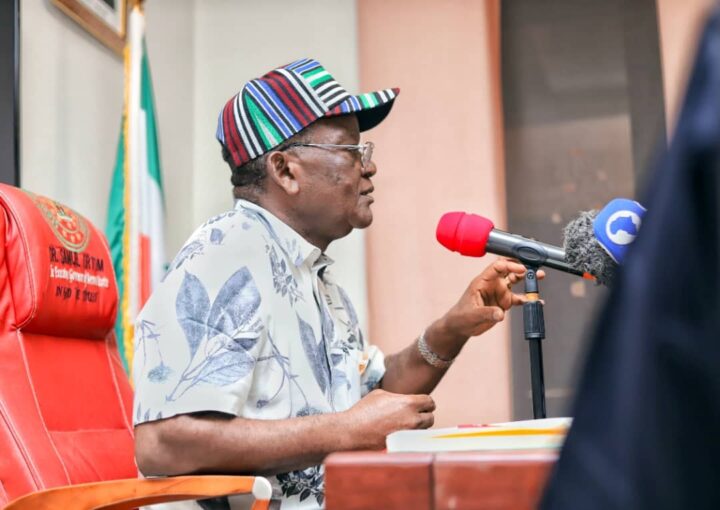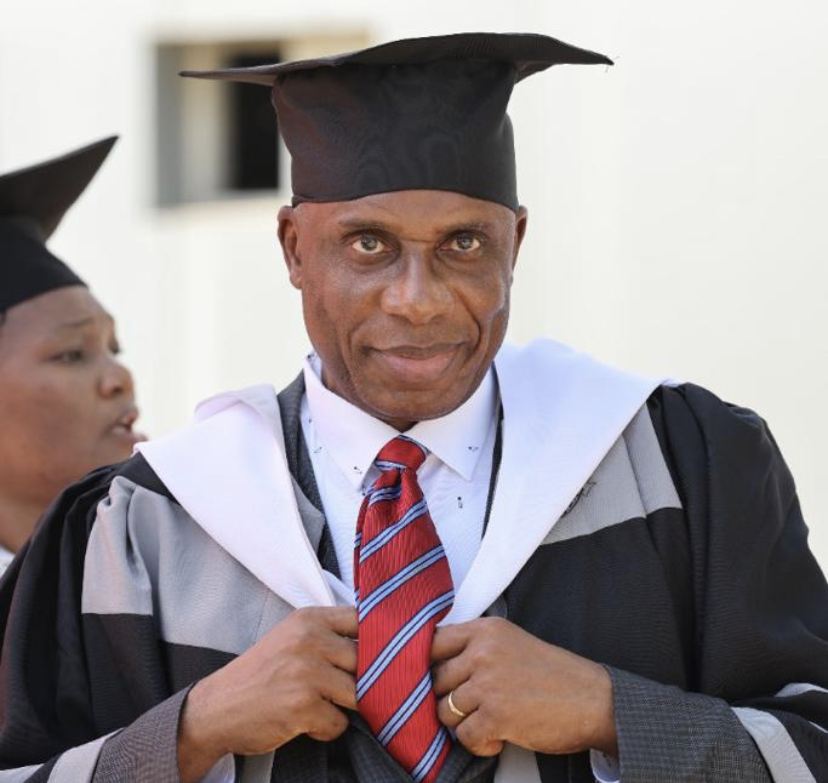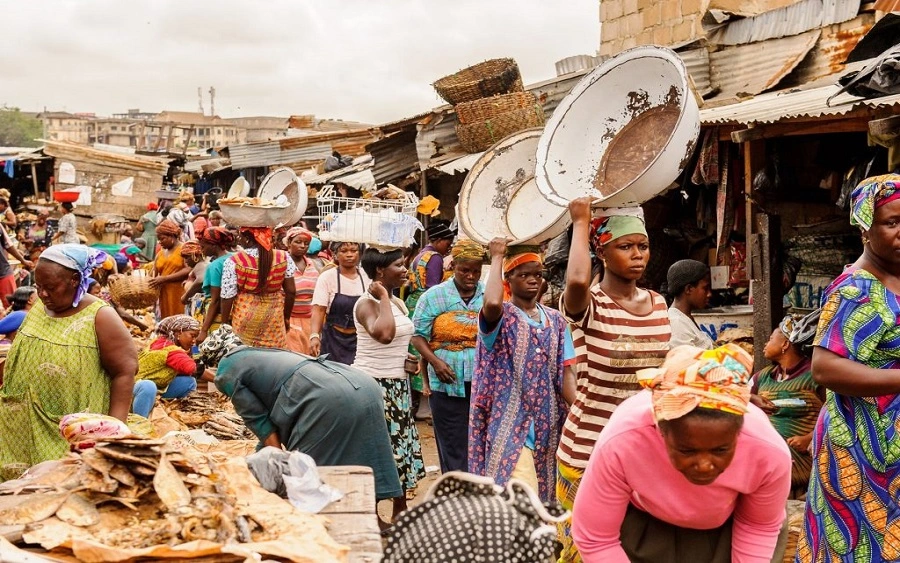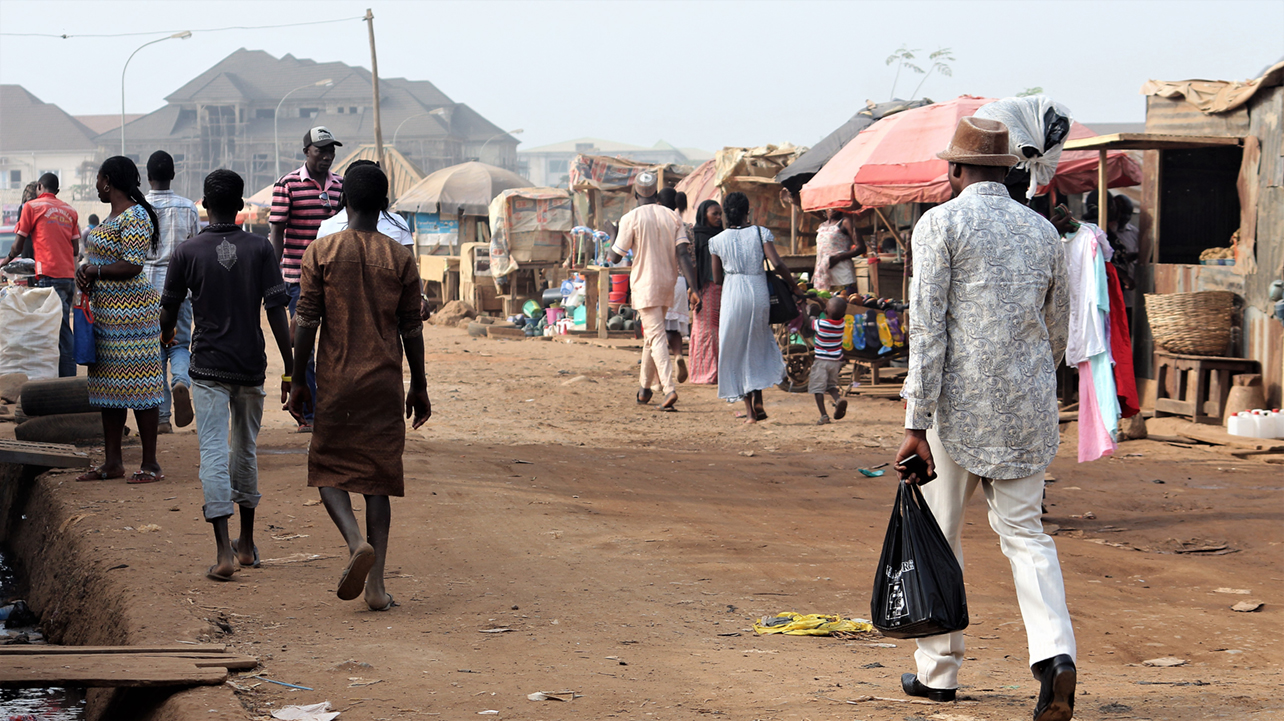With the Stakeholders’ Consultative Forum held mid November and the publication of the final Information Memorandum (IM) on the website of the Nigerian Communications Commission (NCC), it is no longer in doubt that the 5G Auction scheduled for December 19, 2022, will hold. All initial doubt and public apprehension pale into insignificance except that they help to incident a huge process that could still be up for questioning in the future.
At the Stakeholders Forum, which held in Lagos, healthy concerns were raised. The Reserve Price (RP) of US$273,600,000 for one Lot of 100MHz TDD for a ten (10) year licence tenure, was on the high side, they observed. Having participated in the last Auction which was held last December, Airtel, who participated in that process, canvassed to be offered one Lot through an administrative process, meaning it would not have to be part of the Auction process again but allowed to pay the RP. MTN,who was one of the winners and has commenced limited 5G service roll out, the other being Mafab, made a case to be allowed to participate in the December 2022 Auction. Ikenna Ikeme, General Manager, Regulatory Affairs at MTN, explained that his organisation participated last year because it had the understanding that it would be an open Auction going forward. Of course there was an outrage because that would confer the status of a dominant player on MTN in the nascent 5G sector in Nigeria.
The outrage was rooted in the draft IM which pegged the Spectrum Cap at 100MHz per operator. The Cap is the spectrum upper limit that an operator could not exceed. When the regulator auctioned 2 Lots of 100 MHz each in the 3.5 GHz band, ranging from 3500 – 3600 MHz and 3700 to 3800 MHz last year, they were won by MTN and Mafab. That success ironically rendered them unsuitable for the current process that will peak on December 19, 2022.
Sensing the complexity of responses, the regulator had to do a quick rethink and take immediate action. The RP stays, like words carved in stone, except that this is liquid cash. To even have a little sniff at 5G services, Airtel must go to the Auction and show its financial strength. Then the big one that seemed impossible. MTN will be part of the Auction. This became manifest in the final IM. Not that it was stated clearly but a little magic wand to redeem the regulator from a sure imminent headache.
Advertisement
“The Commission places a cap of 200MHz as the maximum amount of Spectrum an Applicant can acquire in the 3.5GHz band. A Licensee with an existing Assignment in the 3.5GHz band is eligible to bid for only one (1) Lot of 100MHz. However, Applicants without Spectrum holding in the 3.5GHz band are eligible to bid for the two Lots on offer,” the IM stated.
Like shifting the goalposts when the game is already on? Not at all. There was an immediate need to apply cooling balm on a business process that should have been heated up if decisions went contrary.
How? This writer was informed by a source within the Commission that, based on decisions and promises made last year, MTN would have had a good reason to go to court if it was pressed to. There is no need for any litigation now.
Advertisement
There is yet another angle to this story. What really is the purpose of this Auction? The regulator tried to provide an answer.
“I want to disabuse the mind of those who feel that the objective of the NCC to auction the first and the second rounds of the 5G spectrum bands is to generate money for the Federal Government. This is not correct. The overriding consideration is not to generate money for the Federal Government but principally to ensure deployment of 5G services that enhance better life for Nigerians and the growth of the nation’s economy as a whole through provision of qualitative high-speed Internet services that increase productivity and efficiency across sectors,” the Executive Vice Chairman, Prof Umar Garba Danbatta, explained at the Forum.
There is no need for disputation here. His sense of patriotism is duly recognised. But three things, we insist, seem to be at play here in this order – cash, desperation to satisfy some interests, and efficient service delivery.
We also want to observe here that in doing an Auction, the regulator must look out for organisations and individuals that can validate the process through their participation and the ability to raise the cash. MTN is one of such organisations. The organisation’s sense of patriotism and commitment to the country and her economy, no matter the political uncertainties, cannot be faulted. In nearly every Spectrum Auction, MTN participates and pays up immediately.
Advertisement
A source within the regulatory authority gave this testimony. “If not for the likes of MTN, we would have been in a mess right now. MTN has a good corporate structure. And in terms of corporate governance, they are number one.”
A long story has been told in such a few words. MTN is paradigmatic of what is good in the telecommunications industry, such corporate spruce up, has also attracted a streak of envy that earns it no good report.
What does the regulator want this time? One of the 5G licenses given out last year went to Mafab at $273.5m. The money was quickly paid by the winner. But for Mafab, 5G remains a greenfield, which is perhaps the reason it is still struggling to roll out services. Summary: the people don’t have any service from Mafab yet.
If the regulator will want to place emphasis on cash and service delivery without any emphasis on patronage, we plead to provide this cautionary support by telling the story of India once more. When the country concluded her 5G spectrum sales on August 1, 2022, a bouquet of spectrum bands – 600MHz, 700MHz, 800MHz, 1.8GHz, 2.1GHz, 2.3GHz, 3.3GHz and 26GHz, were on offer.
Advertisement
At the final sound of the bell, Reliance Jo had a lion share of the sales, shelling out a humongous $11.15bn, Bharti Airtel followed with $5.45bn, Vodafone Idea (Vi) came third with $2.37bn, while wireless service provider Adani Group, kept a distant rear with $26.84m.
The entire package was about $19bn, which is a very huge amount coming from just a sector of the economy within a few days. There is no doubt that emphasis was on money but they also ensured that the licenses went to those who could afford them and had the proof of ability to roll out services. This is what I will suggest to the NCC. Give licenses to those who can pay. Those who can roll out service. Forget about market dominance and platitudinous innuendoes.
Advertisement
Finally, let me state very clearly that I support the transparency claims of the NCC in executing its regulatory responsibilities. But time has come to remove legacy blinkers from the eyes and face up with the reality that certain things are not going well in the telecommunications industry. Competition is impaired, services are growing increasingly worse, and there are loud complaints of an overbearing external influence on the Commission.
I can observe that President Muhammadu Buhari is struggling to at least have one legacy to point to after May next year. 5G obviously is an easy pick. The NCC should make his job easy by conducting a good Auction that will yield results in cash and in service delivery.
Advertisement
Views expressed by contributors are strictly personal and not of TheCable.
Add a comment

